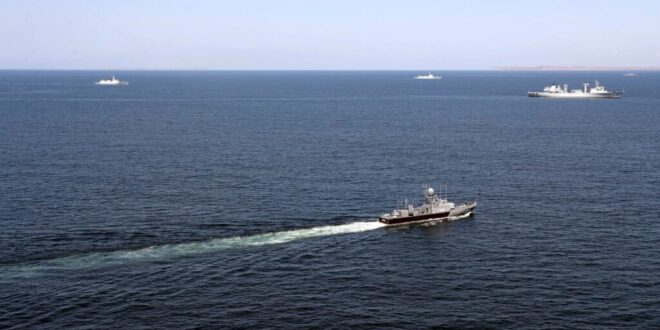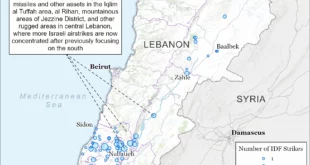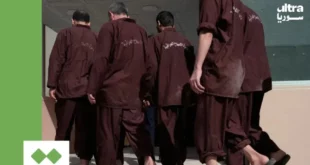Latest Developments
The naval forces of China, Russia, and Iran are conducting a four-day trilateral drill in the Gulf of Oman and the northern Indian Ocean that started on March 12. The drill’s spokesperson, Admiral Mostafa Tajaddini, stated that the drill is meant to improve trade, confront piracy and terrorism, support humanitarian activities, and exchange information in the field of rescue. Representatives from Azerbaijan, Kazakhstan, Oman, Pakistan, and South Africa attended as observers of the drill. China sent the guided-missile destroyer Urumqi and the guided-missile frigate Linyi to the exercise, while Russia’s forces are led by the Varyag, a Slava-class cruiser. This marks the fifth joint naval drill between the three countries since 2019.
Expert Analysis
“You can judge individuals or countries by their friends. While none of these three adversaries can match U.S. naval power or the coalition of countries the United States can assemble in the Middle East, this exercise underscores the increasing alignment and objectives of our adversaries. China is increasingly moving into the Middle East, even as Washington wants to move out. Even more concerning is the strategic coordination of our adversaries and their sharing of intelligence on the United States and our allies.” — Bradley Bowman, Senior Director of FDD’s Center on Military and Political Power
“Though naval drills between Iran, Russia, and China may be getting more headlines than providing meat on the bone for coordination and interoperability between each state, this is how it all starts and may well convey the trendlines of the future. Moscow, Beijing, and Tehran were not forced into this deepening relationship with one another; they have chosen it given their shared objective of contesting American power across their respective regions. Expect more such moves in the future.” — Behnam Ben Taleblu, FDD Senior Fellow
“China and Russia have capitalized on their growing ties with Iran to safeguard their interests from Houthi aggression. While these malign actors further enable Iran’s regime and its Houthi proxies to threaten the global economy by disrupting shipping routes, they also seek to intensify their presence in strategic locations to embolden U.S. adversaries. With increasing support from Beijing and Moscow, Tehran is likely to instigate even more hostile and destabilizing policies globally.” — Janatan Sayeh, FDD Research Analyst
China’s Role in Escalating Maritime Tensions
While the Houthis have launched more than 60 attacks on commercial and military ships in the Red Sea and Gulf of Aden in recent months, the group refrains from targeting Chinese and Russian vessels. Although Beijing’s Commerce Ministry has called on regional actors to “restore and ensure the safe waterways in the Red Sea,” China has yet to provide a clear strategy to stop Houthi attacks on commercial shipping. China effectively bowed to Houthi threats when COSCO, China’s largest shipping company, announced the suspension of service to Israel on January 7.
 Eurasia Press & News
Eurasia Press & News


